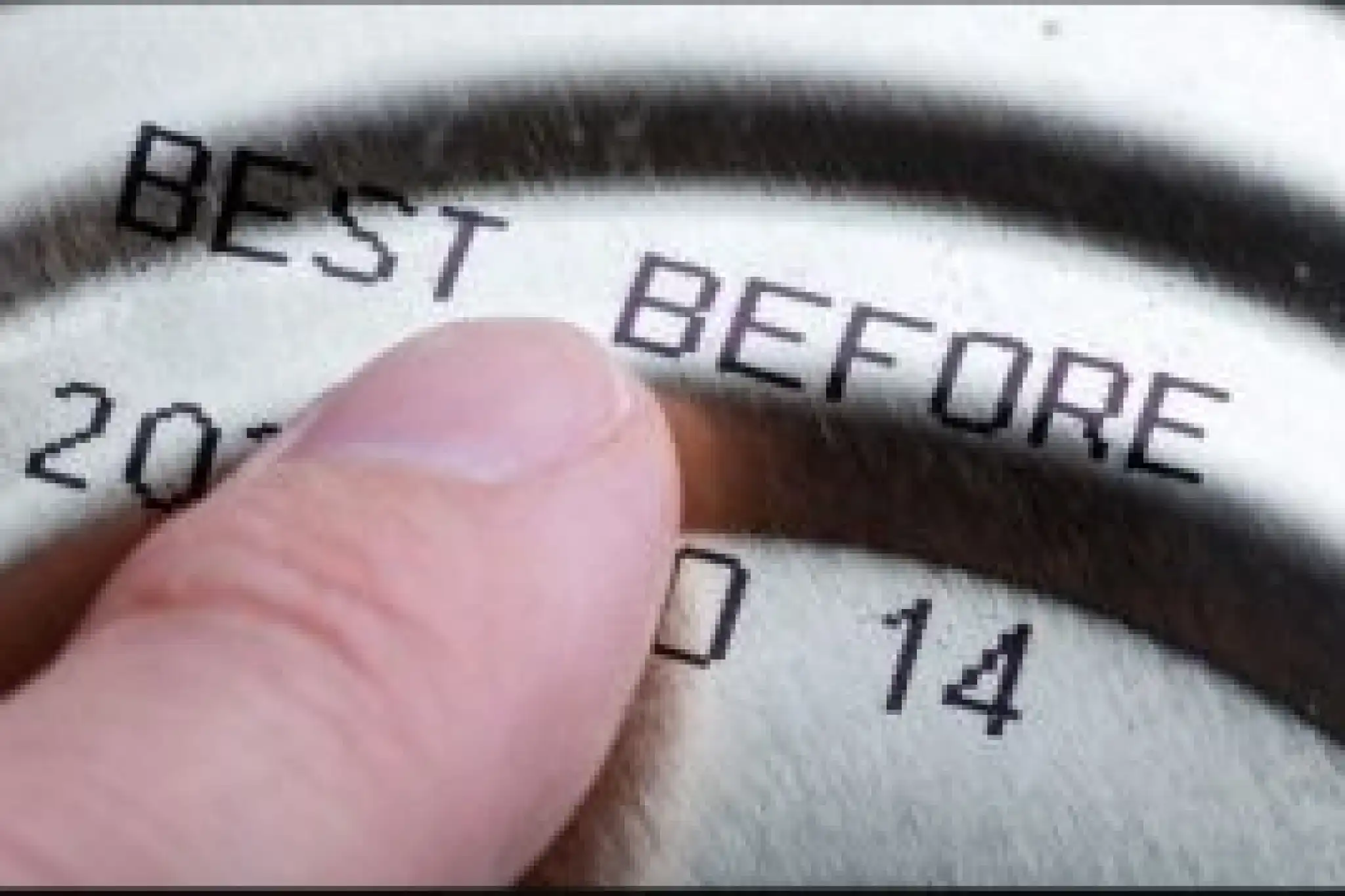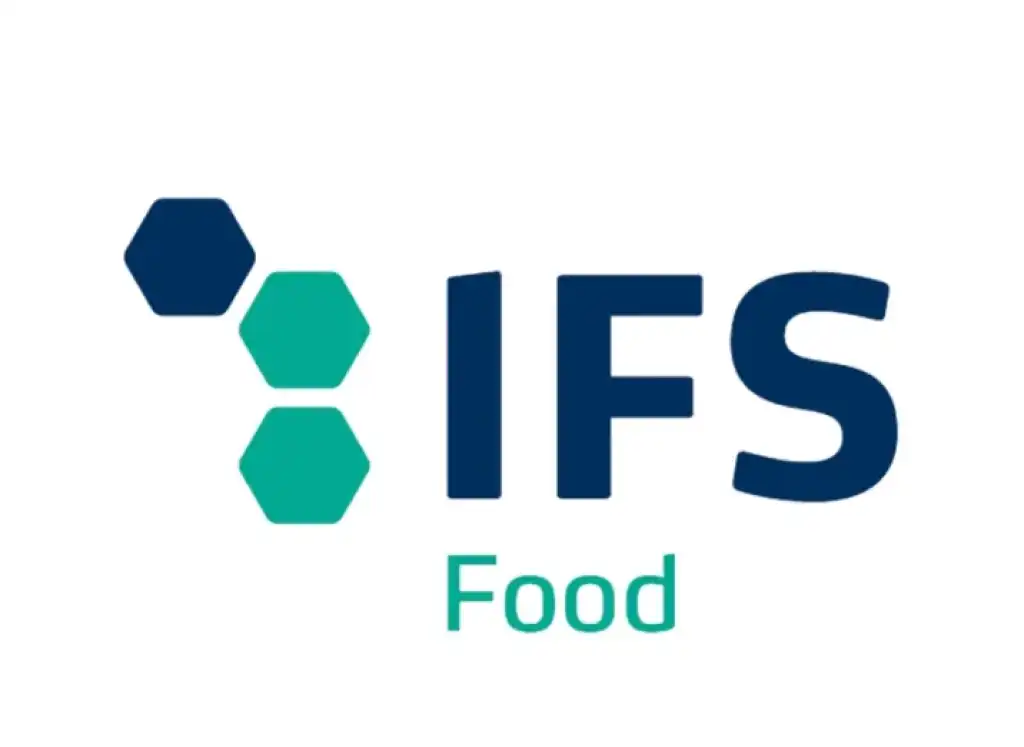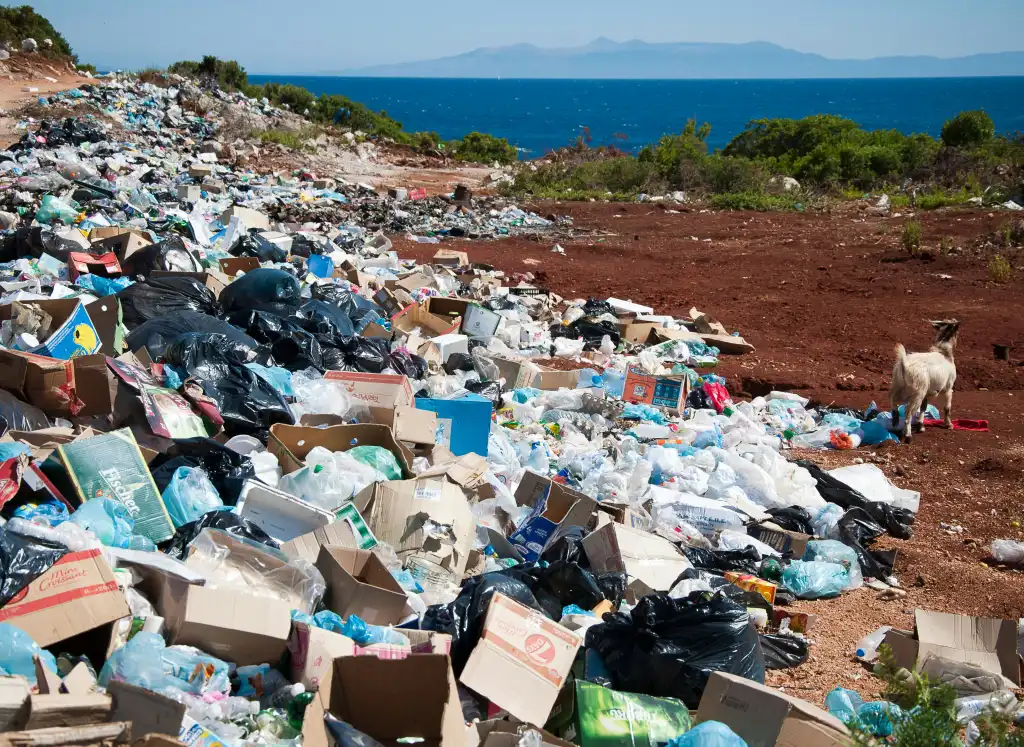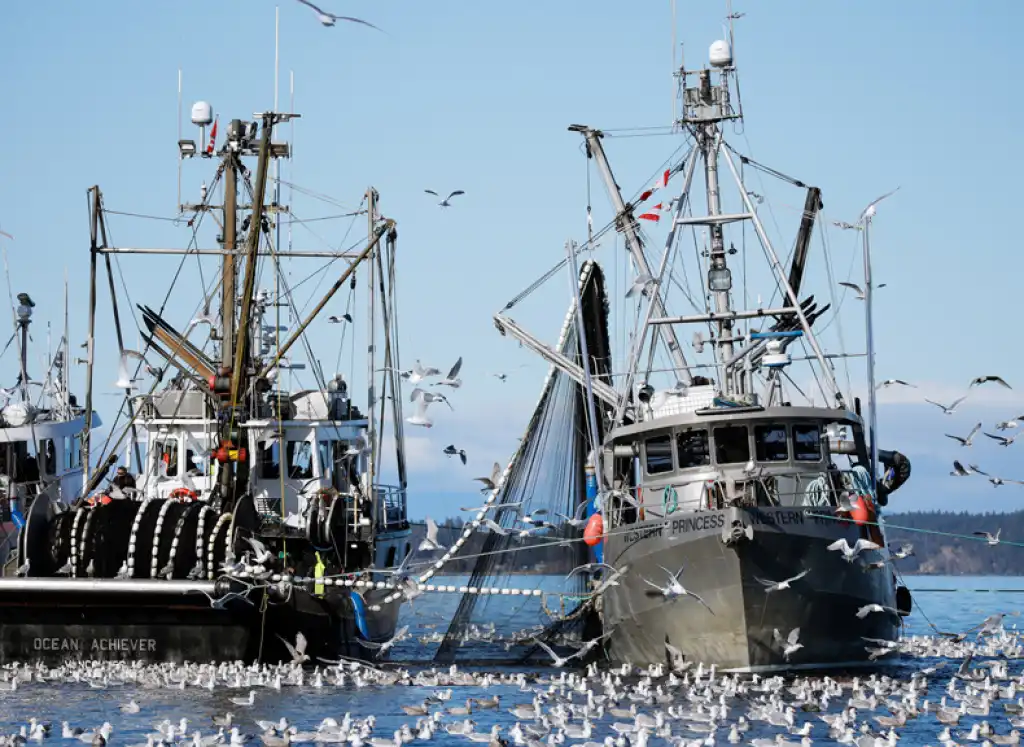Expiration date: EU proposes the label “often good after…”

Europe tries a new approach against #foodwaste
Europe tries a new approach against #foodwaste
The European Commission is considering adding the label “often good after…” to be used for all shelf-stable products that currently display a minimum durability date (best before), marked by the well-known — but often misunderstood — phrase “best before…”.
That “best before” wording is often poorly perceived both by consumers and, unfortunately, even by professionals in the sector.
Rice, pasta, seeds, algae, nuts, shelf-stable products and many others have a very long shelf life. Food Business Operators (FBOs) are rightly obliged to define a durability; yet in practice, warehouses often fill up with unsold products that have passed their best-before date: what then?
Already during #Covid19 the Italian Ministry of Health issued guidelines to extend the useful life of food, avoiding tons of still-good products ending up in landfill due to reduced consumption caused by the pandemic.
Through sensory, microbiological and/or chemical analyses, depending on the product, it is possible to guarantee perfect edibility — and consumer safety — even beyond the best-before date, effectively extending the consumption period.
With this draft, the #EU encourages consumption of these products that are too often rejected as “old”. It remains to be seen whether the regulatory change will also allow their commercialization without a formal shelf-life extension.
Psychologically, it’s understandable that the average consumer — not a food technologist — prefers “fresh”, i.e. newer, products. What is harder to accept is when some FBOs — who are supposed to be the experts — reject extended products despite supplier declarations (with liability assumed) and supporting analyses.
If a proper #riskassessment has been conducted on a product with the relevant tests, why insist on refusing it?
In words, everyone is against food waste. In practice, behaviour often tells another story, usually driven by excessive caution — not out of concern for consumer health, but by fear of having warehouses filled with unsold pallets.
The EU’s proposal, while not perfect, is nonetheless a step forward in promoting a new food culture and greater awareness of the long-term impacts our current production and consumption model will have on environmental and human balance.
These are issues we care about deeply, and we know many entrepreneurs and food operators share our view. We invite anyone interested in exploring shelf life and production sustainability to contact us for an introductory consultation.
Carmine F. Milone
Food Technologist
Founder, GoodFood Consulting


